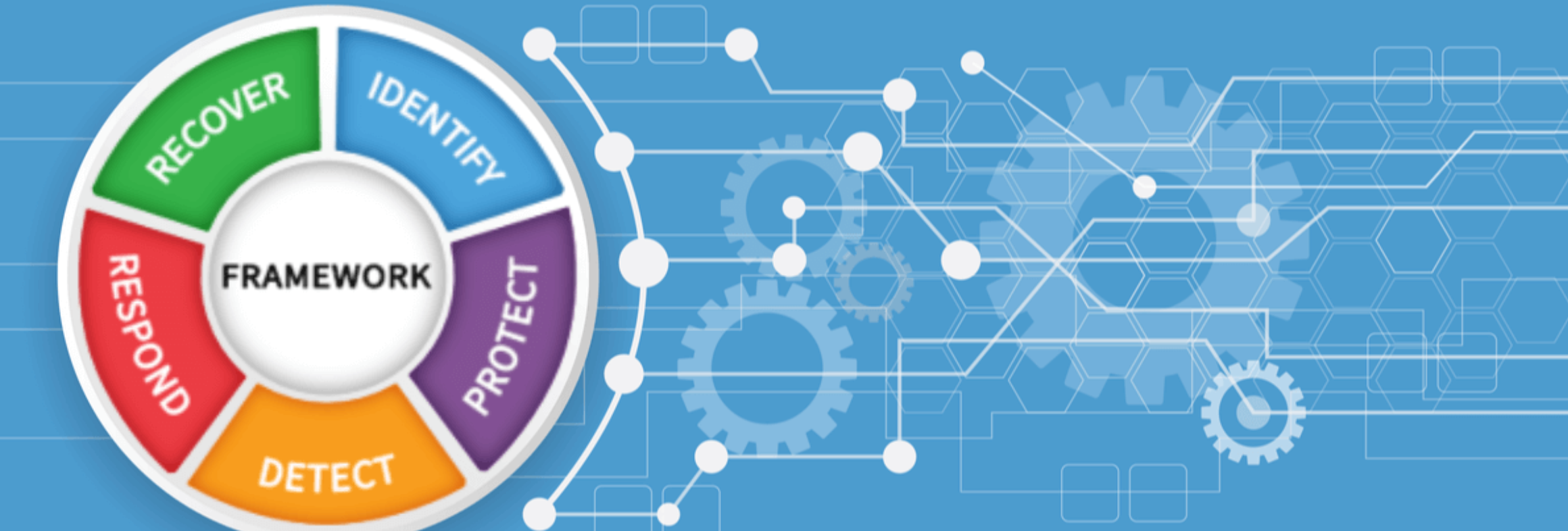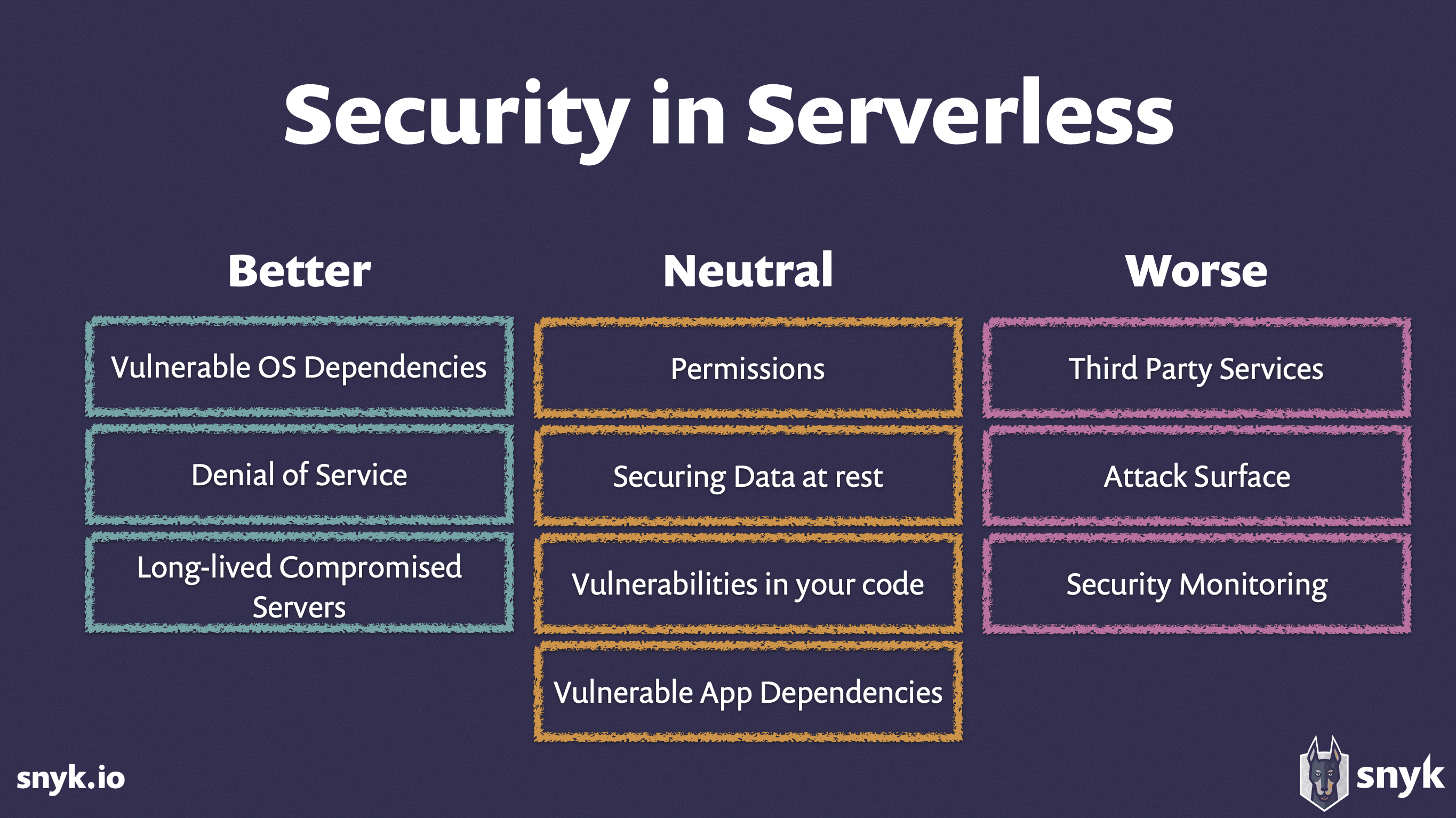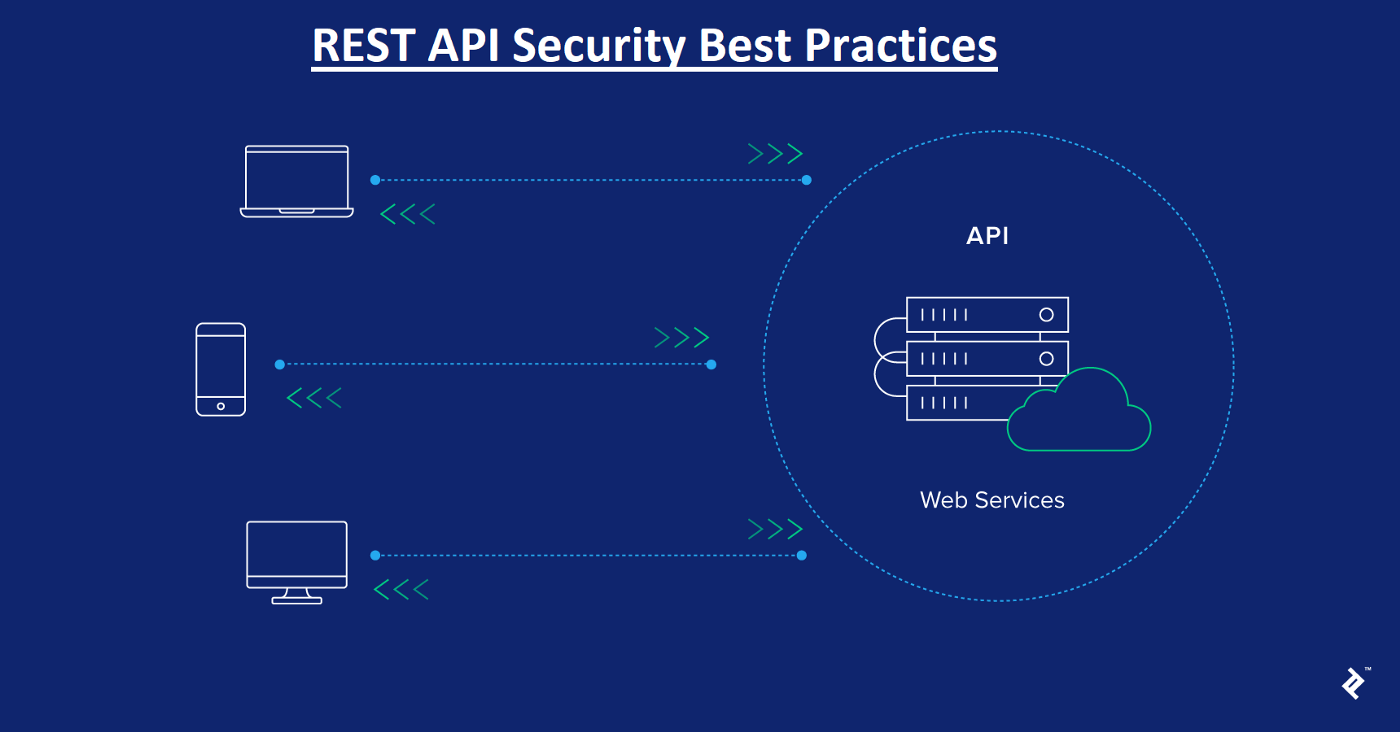
On January 6, 2023, Chick-fil-A confirmed that a data breach had occurred on its website and mobile app. The breach exposed the personal information of over 71,000 customers, including names, email addresses, masked credit and debit card numbers, Chick-fil-A One membership numbers and mobile pay numbers, QR codes, and Chick-fil-A One credits.
Chick-fil-A said that it discovered the breach on February 12, 2023, after it received reports from customers that their accounts had been compromised. The company said that it immediately launched an investigation and engaged a national forensics firm.
The investigation determined that the breach was caused by an unauthorized party who used email addresses and passwords obtained from a third-party source to gain access to Chick-fil-A's systems. The unauthorized party then accessed customer information stored in Chick-fil-A One accounts.
Chick-fil-A said that it has taken steps to secure its systems and prevent future breaches. The company has also offered affected customers free credit monitoring and identity theft protection services.
This is not the first time that Chick-fil-A has been the victim of a data breach. In 2017, the company was fined $7.5 million by the Federal Trade Commission for failing to protect customer data.
The January 6, 2023, data breach is a reminder that no company is immune to cyberattacks. It is important for consumers to be aware of the risks and take steps to protect their personal information.
Tips for protecting your personal information from data breaches
Use strong passwords and change them regularly.
Do not reuse passwords across different websites and accounts.
Be careful about what information you share online.
Be aware of phishing scams and do not click on links or open attachments from unknown senders.
Use a credit monitoring service to keep an eye on your credit report for any suspicious activity.
By following these tips, you can help to protect yourself from data breaches and identity theft.
What to do if you think your information was exposed in the Chick-fil-A data breach
If you think your information was exposed in the Chick-fil-A data breach, you should take the following steps: Check your credit report: You can get a free copy of your credit report from each of the three major credit bureaus once a year at annualcreditreport.com. Review your report for any unauthorized accounts or activity.
Place a fraud alert: You can place a fraud alert on your credit report by contacting one of the three major credit bureaus. A fraud alert will make it more difficult for someone to open a new account in your name.
Monitor your accounts: Review your bank and credit card statements regularly for any unauthorized charges.
Report any suspicious activity to the authorities: If you notice any suspicious activity, such as unauthorized charges or new accounts opened in your name, you should report it to the authorities immediately.
By taking these steps, you can help to protect yourself from the financial and identity theft risks associated with data breaches.




